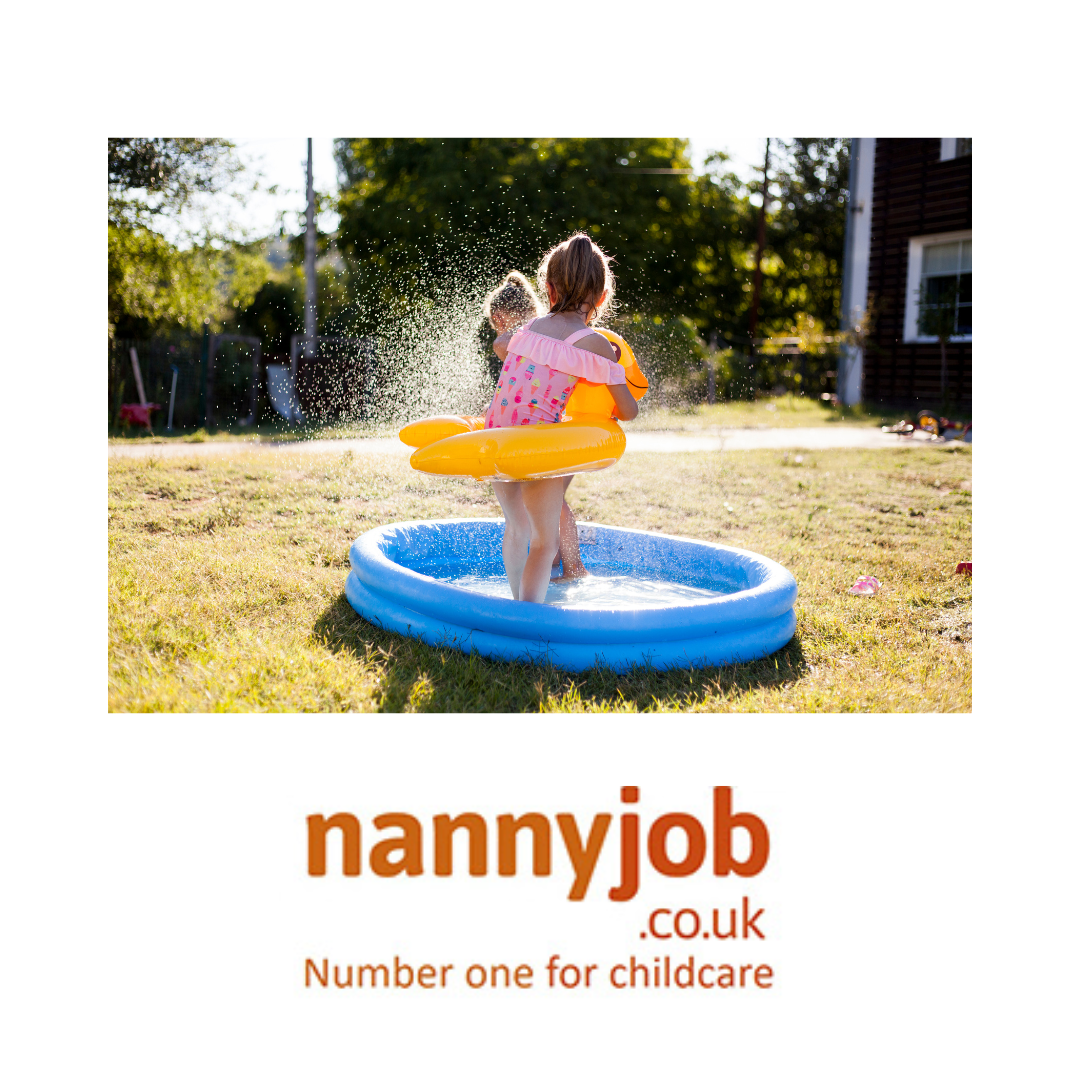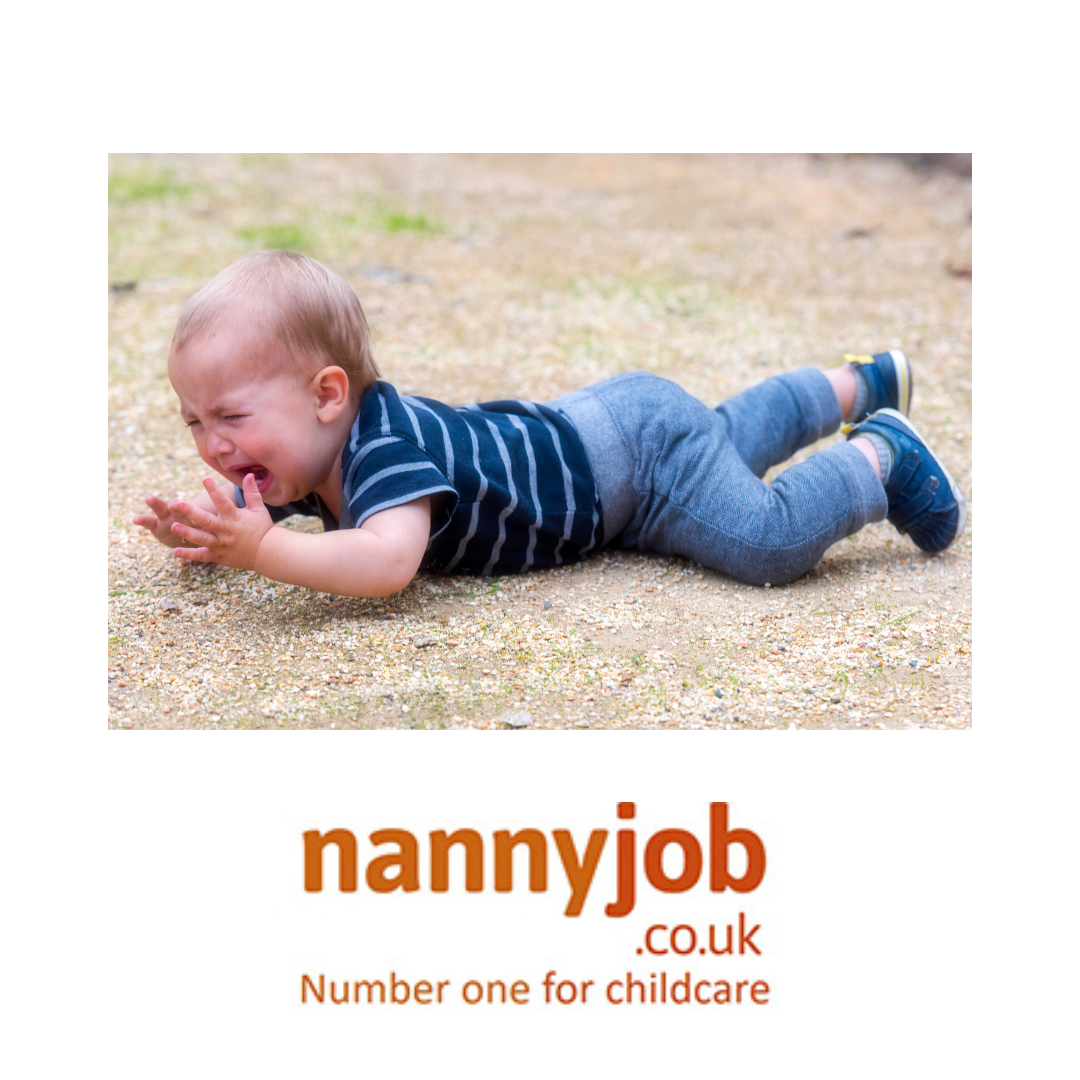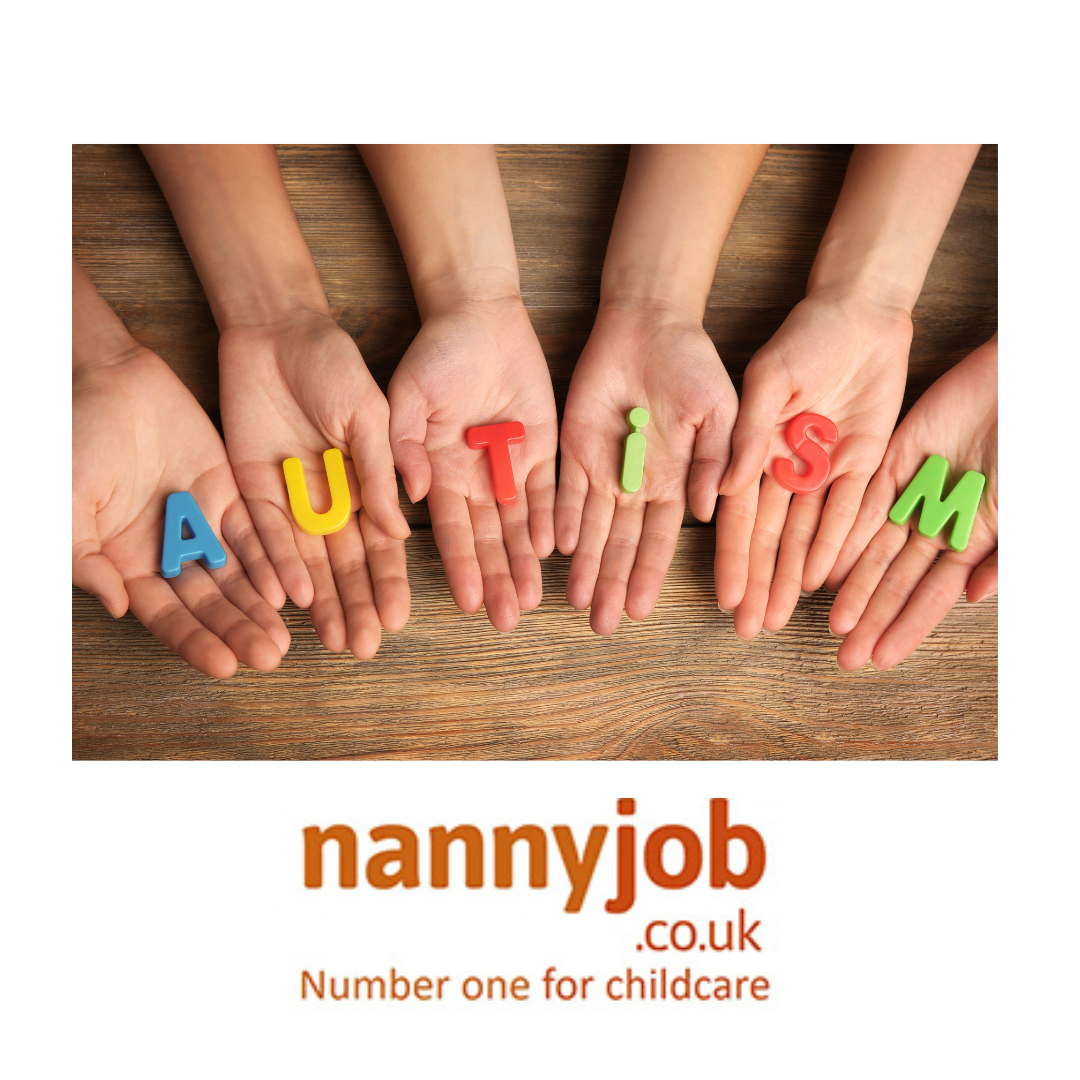Summer is the perfect time to create lasting memories with your family, and the UK offers a treasure trove of activities that cater to kids and adults alike. From educational outings to just plain fun, here are some great ideas to make your summer 2024 unforgettable for the whole family.
1. Family Beach Days
Pack your sun hats and head to some of the UK’s family-friendly beaches like Bournemouth or Llandudno. Build sandcastles, enjoy a paddle, and relish a classic fish and chips on the shore.
2. Festivals for All Ages
Experience the joy of music and arts at family-oriented festivals such as Camp Bestival or the Big Feastival, which combine kid-friendly performances with great food and activities for all ages.
3. Discover Historic Wonders
Engage your kids’ imaginations at historical sites like Warwick Castle or the Jorvik Viking Centre. These places offer interactive tours and activities that bring history to life.
4. Nature Trails and Park Adventures
Explore the natural beauty of the UK by taking family hikes in national parks such as the Peak District or New Forest. Many parks offer guided walks, wildlife spotting, and educational programs for children.
5. Explore Major Cities
Take the kids to explore major UK cities with child-friendly attractions. London’s Science Museum, Edinburgh’s Dynamic Earth, and the interactive galleries in Liverpool are just a few places where fun meets learning.
6. Countryside Escapes
Enjoy the tranquility of the countryside with a family stay in places like the Scottish Highlands or the Welsh valleys, where kids can run free and explore safely.
7. Thrilling Theme Parks
Delight your kids with a trip to a theme park. From the magical world of Alton Towers to the playful Legoland Windsor, these parks offer thrilling rides and attractions that cater to all ages.
8. Gardens and Outdoor Shows
Visit the enchanting gardens scattered across the UK, many of which host family-friendly events and flower shows during the summer, like the RHS Garden Wisley or the Eden Project.










